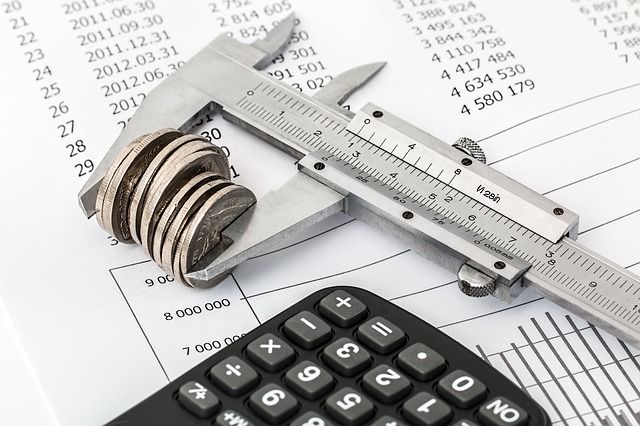Dental School Loan Forgiveness Plans
Dental school tuition is costly and few dental students have time for jobs that can make a significant dent in the overall cost of the four years of dental school education. It is worthwhile to investigate loan forgiveness programs as an option for paying for dental school education.

Students often weigh the option of loan forgiveness programs in contrast to paying back loans and their accumulating interest.
Dental school loans are a major consideration for young dentists. Dental school tuition is costly and few dental students have time for jobs that can make a significant dent in the overall cost of the four years of dental school education. Some students can get help from their parents, but realistically, few parents can help with costs that run between $36,000-68,000 per year. Most students pay for dental school tuition with loans, with the idea that four years of loans can be relatively painlessly paid back with income from a long career in dentistry. As most students realize, the income of a dentist is enough to make the additional educational costs worth it, but not enough to make it painless.
Students often weigh the option of loan forgiveness programs in contrast to paying back loans and their accumulating interest. It is worthwhile to investigate loan forgiveness programs as an option for paying for dental school education.
Programs
There are a number of state and federal programs that provide loan repayment and loan forgiveness plans for dental school education costs. Some grant loan repayment plans offer aid to dentists who work in areas that lack access to dental care. The National Health Service Corps Loan Repayment Program (NHSC LRP) is a federal program that provides up to $50,000 tax-free in loan repayment for two years of fulltime work in rural, urban and frontier communities throughout the United States. Continued service in this program may enable dentists to pay back all of their remaining debt. Other programs associated with the United States military offer similar payback structures ranging in amounts based on the practitioner being active duty or reserved status.
Do you pay taxes on student loan forgiveness?
Most likely yes, unless otherwise specified as in the NHSC LRP example. The vast majority of programs that repay student loans officially report it to the IRS, and the receiver must pay taxes on the amount that is repaid. This is important to keep in mind so that funds are put aside to pay these taxes when they are due.
How to apply?
The American Dental Association has a list of programs, most of which are state specific. Each program has its own requirements for application that may include essays, letters of recommendation, demonstration of financial need, or a commitment to full time professional service in a designated setting.
Figuring out the rules
The rules and regulations regarding the terms of loan forgiveness can seem complicated. A government website, Federal Student Aid, addresses legal and other questions that are common to most student loan forgiveness programs. Each program has its own rules, such as how many installments will be paid, whether money will come directly to the dentist or the lender, and whether or not benefits are forfeited, or a fine is owed, if the dentist switches jobs.
Scams
Unfortunately, where there is money, there is dishonesty. There a dedicated page on the Federal Student Aid website which provides information about avoiding student loan scams. For dentists considering loan forgiveness or loan cancellation programs, it is a good idea to confirm the validity of the program with a bank or their dental school, especially when asked to provide personal identifying information.
Are you allowed to earn money moonlighting?
Sometimes, loan repayment programs require that the beneficiary does not earn over a certain income threshold, and may not allow moonlighting or other work. Be sure to check the fine print, especially if there are opportunities for moonlighting, consulting, or other side jobs.
Can you have your dental education paid for if you do not have loans?
No, student loan repayment programs and dental education repayment programs only pay back student educational loans. They do not cover the cost of dental education for those who have already fully paid tuition.
Are all loans eligible?
No, not all loans are eligible for every type of repayment plan. This is a recurrent theme that comes up when looking at the different programs. Only some loans are eligible, and that is usually spelled out in the terms of the forgiveness or repayment program. If an individual took a loan from family members, for example, that would not be eligible. Personal loans used for the purposes of paying for dental school costs may not qualify for repayment either. Therefore, it is important to get the information up front before deciding to move to an underserved area or into a needed specialty.
Click here to sign up for more Dentist's Money Digest content and updates.RELATED:
More Coverage on
- Networking is Key for Dental Graduates
- Balancing Investments and Student Loans After Dental School
- Set Yourself Up For Financial Success After Graduation